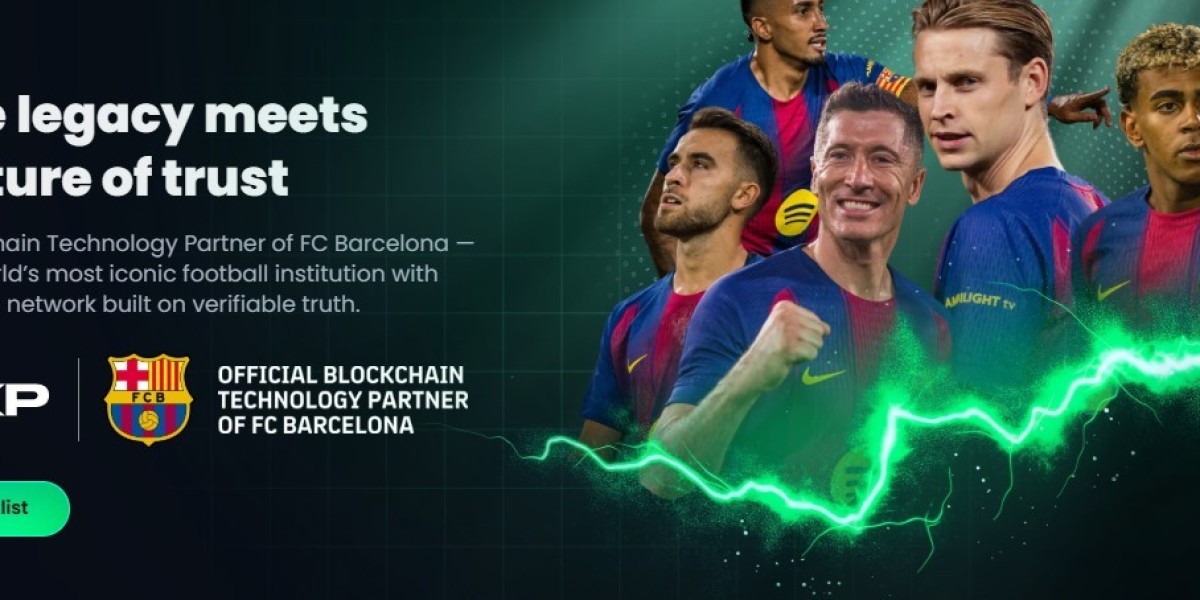The digital landscape is undergoing a profound transformation, driven by an increasing demand for both transparency and privacy. Traditional methods of verifying information often require revealing the underlying data, creating friction, security risks, and significant compliance hurdles. However, a revolutionary cryptographic tool is emerging from the theoretical depths of computer science to solve this fundamental dilemma: Zero-Knowledge Proofs, or ZK Proofs.
This technology is poised to redefine how we interact with data, securing everything from financial transactions and digital identity to complex supply chain verification. For businesses operating at the cutting edge of Web3 and secure computation, like zkp, understanding and implementing the capabilities of ZK Proofs is no longer optional—it is essential for building the trustworthy systems of tomorrow. This comprehensive article delves deep into the mechanisms, history, current applications, and transformative future of this vital technology, aiming to provide a clear, human-written guide for the modern digital ecosystem.
Deciphering Zero-Knowledge Proofs (ZK Proofs): The Core Concept
At its heart, a ZK Proof is a cryptographic protocol that allows one party, known as the Prover, to convince another party, the Verifier, that a given statement is true, without revealing any information about the statement itself beyond its validity. The name "zero-knowledge" is literal—the verifier gains zero knowledge of the secret information, only the irrefutable proof of its existence and correctness.
This concept is, admittedly, counterintuitive. How can you prove knowledge without revealing it? Imagine proving you know the combination to a safe. The non-zero-knowledge way is to simply tell the Verifier the combination. The zero-knowledge way is to go into a locked room with the safe and come out with the door open. The Verifier is convinced you know the combination, yet they have learned nothing about the secret numbers.
The Three Pillars of ZK Proofs
For a cryptographic protocol to be classified as a true ZK Proof, it must satisfy three essential properties:
Completeness: If the statement is genuinely true, an honest Prover will always be able to convince an honest Verifier. The system is reliable.
Soundness: If the statement is false, a dishonest Prover has an overwhelmingly minimal chance of convincing the Verifier that it is true. The system is secure against cheating.
Zero-Knowledge: If the statement is true, the Verifier learns absolutely nothing more than the validity of the statement. The privacy guarantee is absolute.
From Theoretical Concept to Practical Cryptography
The concept of ZK Proofs was first introduced in a landmark 1985 paper titled "The Knowledge Complexity of Interactive Proof Systems" by Shafi Goldwasser, Silvio Micali, and Charles Rackoff. Initially, these proofs were primarily interactive, requiring a back-and-forth exchange of challenges and responses between the Prover and the Verifier, which made them computationally expensive and impractical for asynchronous systems like the internet.
The game-changing innovation came with the development of Non-Interactive Zero-Knowledge Proofs (NIZK), where a single, succinct message from the Prover is enough to convince the Verifier. This was largely made possible by the Fiat-Shamir heuristic, which transforms interactive proofs into non-interactive ones, a crucial step for real-world adoption, particularly within decentralized networks.
The Modern Forms of ZK Proofs
The most prominent contemporary forms of ZK Proofs driving blockchain innovation are:
zk-SNARKs (Zero-Knowledge Succinct Non-Interactive Argument of Knowledge): These proofs are "succinct" (small and quick to verify) and non-interactive. They have been foundational to privacy-focused cryptocurrencies like Zcash. They typically require a 'trusted setup' ceremony to generate initial parameters, which must be secured.
zk-STARKs (Zero-Knowledge Scalable Transparent ARguments of Knowledge): Developed to address the trusted setup issue of zk-SNARKs, zk-STARKs are "transparent" as they don't require this ceremony. They are also highly "scalable," making them ideal for proving massive computations, albeit with larger proof sizes.
The continual research and refinement of these protocols ensure that the applications of ZK Proofs continue to expand, enhancing both efficiency and privacy simultaneously—a core focus for innovative companies like zkp.
The Transformative Use Cases of ZK Proofs
The applications of ZK Proofs are rapidly expanding beyond their origins in privacy-centric cryptocurrency, offering solutions to some of the most pressing challenges in the digital world. The core ability to verify without revealing is a universal requirement for modern, secure systems.
Enhancing Blockchain Scalability and Privacy
The most immediately impactful use case is in scaling decentralized networks. Ethereum's well-documented scalability challenges are being addressed directly by Layer 2 solutions known as zk-Rollups.
Scalability: ZK-Rollups bundle thousands of off-chain transactions into a single batch and generate a cryptographic ZK Proof—the validity proof—for the entire batch. Only this single, small proof is posted to the main Ethereum chain. This dramatically reduces the computational load on the main network, leading to lower transaction costs and higher throughput. This is arguably the most critical application today.
Privacy: While not all ZK-Rollups are privacy-preserving by default, the underlying ZK Proofs technology enables complete transaction confidentiality. Users can prove they have sufficient funds and that a transaction is mathematically valid without revealing the sender, recipient, or the transaction amount.
Revolutionizing Digital Identity and Authentication
ZK Proofs hold the key to a self-sovereign digital identity model. Instead of sharing a full driver's license or passport scan (which contains unnecessary data like home address or date of birth) to prove a single fact, a user can generate a ZK Proof to attest to a specific attribute.
Selective Disclosure: A user can prove, for instance, that they are "over 18" or "a verified citizen of country X" to a service provider without ever revealing their name, birth date, or exact address.
Passwordless Authentication: Users can prove they possess a secret credential (a password or private key) without transmitting the secret itself across the network, fundamentally eliminating the risk of credentials being intercepted during login. For a company like zkp, these privacy-enhancing features are central to building next-generation identity solutions.
Securing Audits and Regulatory Compliance
In finance, healthcare, and supply chain management, organizations must often prove compliance with regulations or the integrity of a process without exposing proprietary or sensitive customer data.
Compliance Verification: A financial institution can use a ZK Proof to demonstrate to an auditor that its reserves are solvent or that all its clients have completed KYC (Know Your Customer) checks, all without revealing the specific reserve numbers or the clients' personal identity documents.
Supply Chain Integrity: A manufacturer can use ZK Proofs to verify the provenance and authenticity of raw materials—proving, for example, that a product is fair-trade or carbon-neutral—without disclosing proprietary supplier contracts or sensitive business processes. This verifiable integrity, coupled with privacy, is what makes the technology so powerful.
The Future Trajectory of ZK Proofs and the ZKP Ecosystem
The trajectory of ZK Proofs suggests they will soon move from being a specialized cryptographic tool to an invisible backbone of the internet, underpinning a more trustworthy and private digital infrastructure. The commercial implications are vast, as they align directly with the global trend towards stricter data protection and regulation.
As computation continues to become more powerful, the barriers to generating complex proofs are dropping. Hardware acceleration and further algorithmic breakthroughs are making proof generation more efficient, opening the door for even more ambitious applications, such as verifiable, privacy-preserving computation in Machine Learning and Artificial Intelligence. Imagine a world where the integrity of an AI model's training data can be proven correct without revealing the proprietary dataset itself.
The mission of companies like zkp is to harness this technology to deliver practical, robust solutions that allow individuals and businesses to operate with greater security and autonomy. ZK Proofs are not merely an innovation; they are a necessary evolution in cryptography, essential for securing our increasingly digital world. They represent the definitive path to achieving trust without transparency, enabling a powerful combination of verifiable truth and absolute privacy that will shape the next era of technology and commerce. The journey of ZK Proofs is a story of proving more by revealing less, a principle that is finally ready to move from theory to ubiquitous reality.







